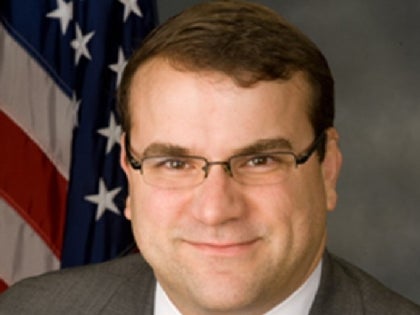
Senator Johnson Urges Governor to Sign Unprecedented Public Authority Reform Bill
Craig M. Johnson
August 16, 2009
-
ISSUE:
- Authorities and Commissions
Senator Craig M. Johnson, (D-Nassau), urged Governor Paterson to sign landmark legislation that will bring unprecedented scrutiny and accountability to New York's authority system.
“These shadow governments that have access to literally billions of taxpayer dollars and currently have the ability to take on new debt with minimal oversight,” Senator Johnson said. “Every year we see new examples of fiscal mismanagement, abuse, and outright scandal that directly stem from the free reign and lack of public accountability that these entities operate under.”
The Legislature passed reform legislation that would:
- Empower State Comptroller Tom DiNapoli with the duty to approve any authority contract that is more than $1 million;
- Create strict new rules to control public authority debt;
- Create an Office of Authorities Oversight that would have jurisdiction over authority budgets;
- Codify the fiduciary duties of board members;
- Prohibit the creation of subsidiary authorities without legislative approval;
- Strengthen rules on the disposition of public authority property;
- Offer whistleblower protections to authority employees who expose wrongdoing.
Recently, officials from Nassau University Medical Center contacted the governor and, while stating that the goals behind the legislation were laudable, requested a chapter amendment clarifying that this bill did not extend to public hospitals. These hospitals are already highly regulated and, unlike other authorities, have to compete with private healthcare institutions.
Senator Johnson said he supports this effort, and restated his strong support of the authority reform bill.
“This measure will ensure that, especially in this difficult economic climate, these authorities' spending practices are brought under control,” Senator Johnson said. “I am hopeful that the governor follows the Senate and the Assembly's lead and signs this bill into law.”
-30-
Share this Article or Press Release
Newsroom
Go to NewsroomSenator Craig Johnson's Job Fair
September 15, 2010

Hurricane Earl Resource Center
September 2, 2010

Statement by Senator Craig M. Johnson, (D-Nassau):
August 20, 2010